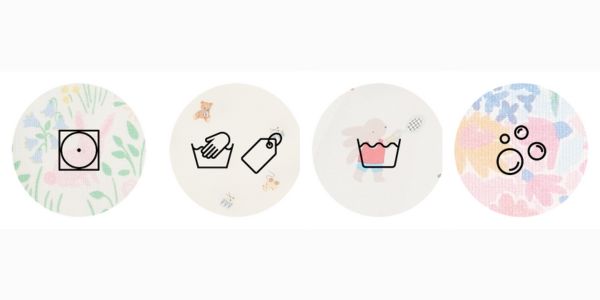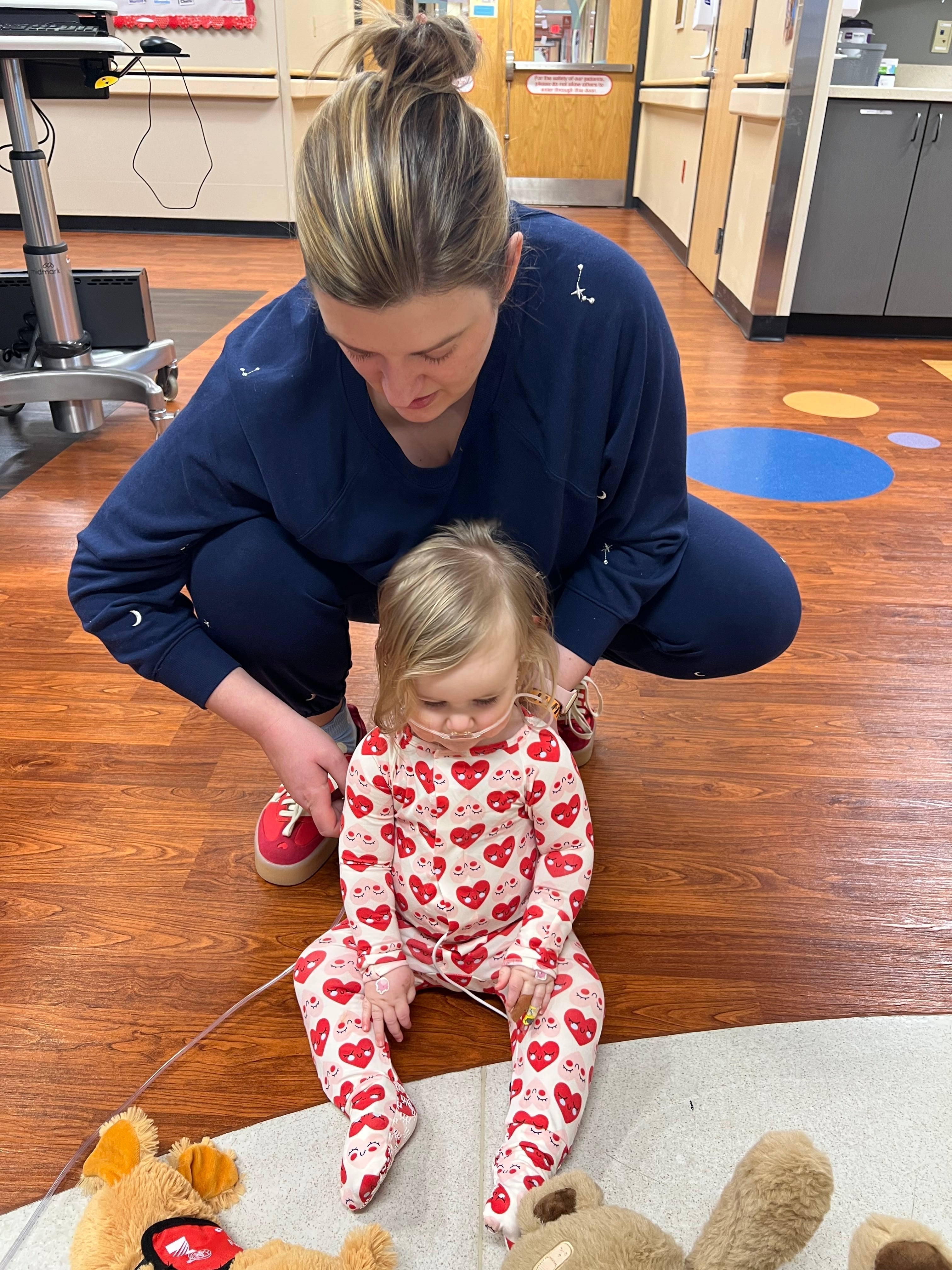Your cart is currently empty.
It’s National Make a Friend Day!
Learn how to help littles come out of their shells and make new friends thanks to tips and tricks from our very own expert

Socializing is key to a child’s development of their cognitive and communication skills. But some may struggle to feel comfortable in social interactions with their peers, which can negatively impact their self-esteem. So how can you help set your child up for socializing success and making friends? Our expert, pediatric occupational therapist, Rita Sverdlova, from Playwell Brooklyn, is here to save the day.
Why is early childhood friendship important for kids?
Early childhood friendships are essential because they help children develop important social-emotional skills like sharing, turn-taking, and understanding others' feelings. These early connections give kids a sense of belonging and help build their confidence and emotional resilience. Friendships also provide opportunities to practice communication, problem-solving, and teamwork in a natural, playful way. Having friends makes play more engaging and meaningful, laying the foundation for strong relationships and community-building as they grow.
What are tips and tricks for parents to help their kids get out of their shell and socialize with their peers?
Helping kids come out of their shell and connect with peers can take a little patience and creativity, especially if socializing feels tricky for them. Start small by focusing on activities they already enjoy, like art, sports, or building. Shared interests naturally make it easier for kids to connect with their peers. If socializing feels tricky, try parallel play, where kids play near each other instead of directly interacting—this helps them get comfortable without too much pressure. Incorporating sensory regulation activities, like jumping or other heavy work, can also help kids feel calm and confident before joining in. Movement can work wonders for nerves! Most importantly, take it slow and celebrate every little success, whether it’s a wave, a smile, or just playing alongside another child. Friendships grow at their own pace, and that’s okay!

Our expert, pediatric occupational therapist, Rita Sverdlova,














